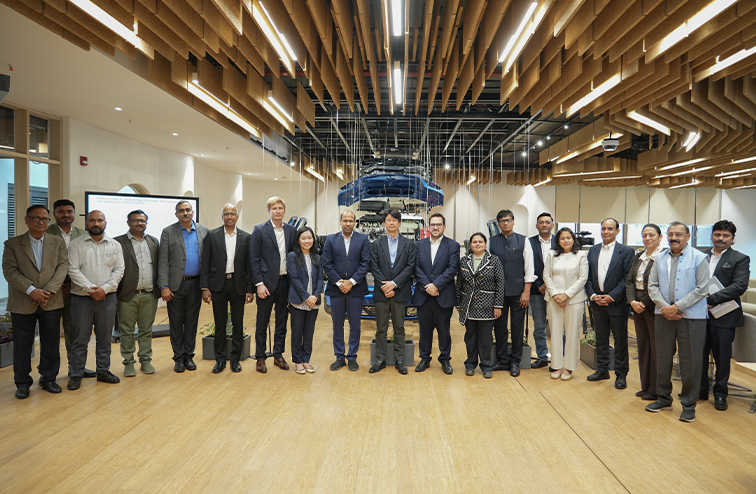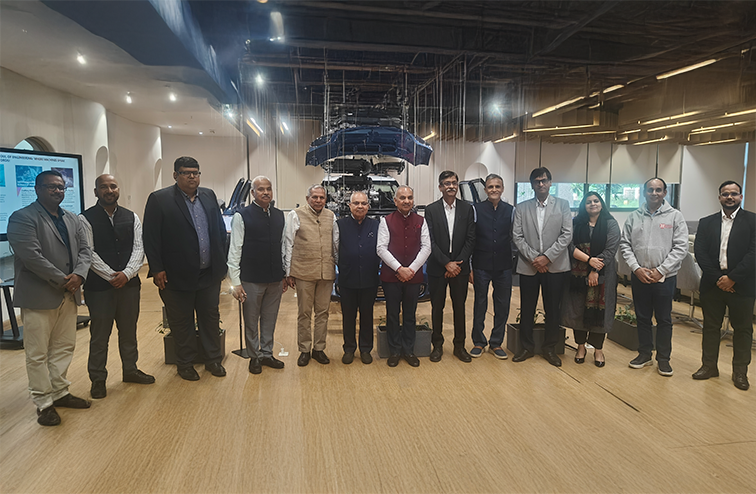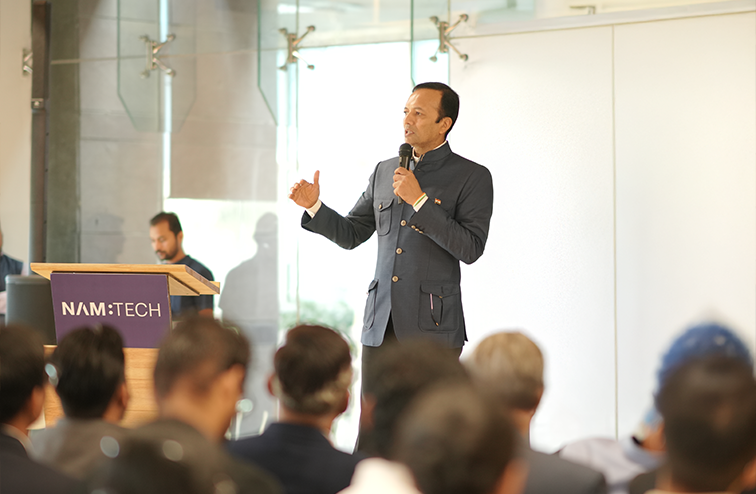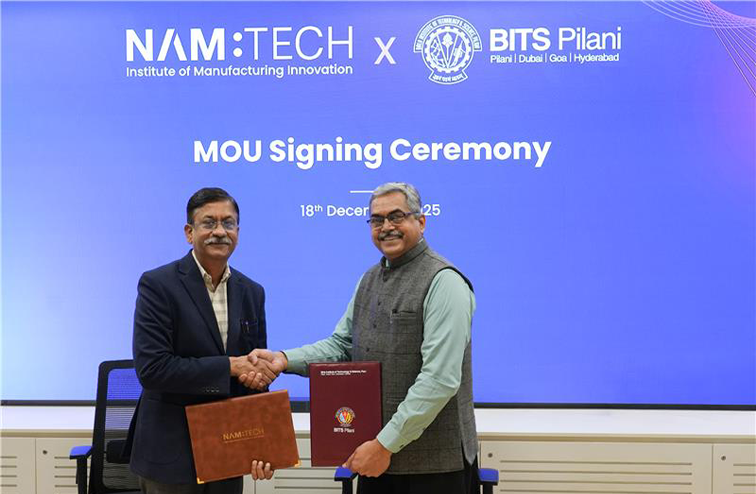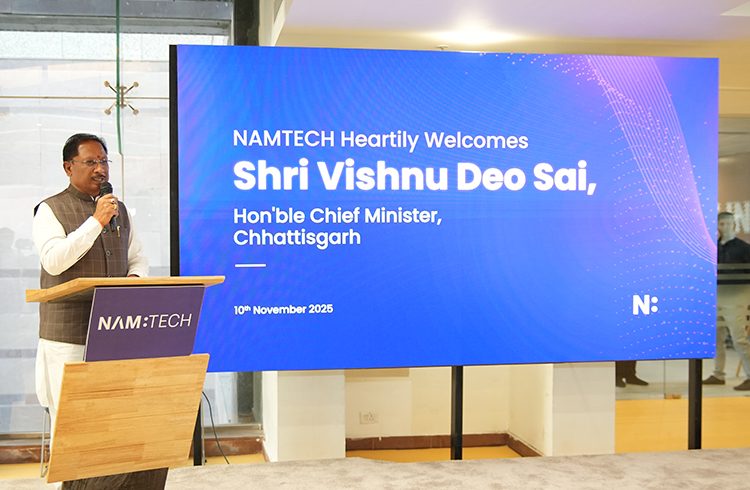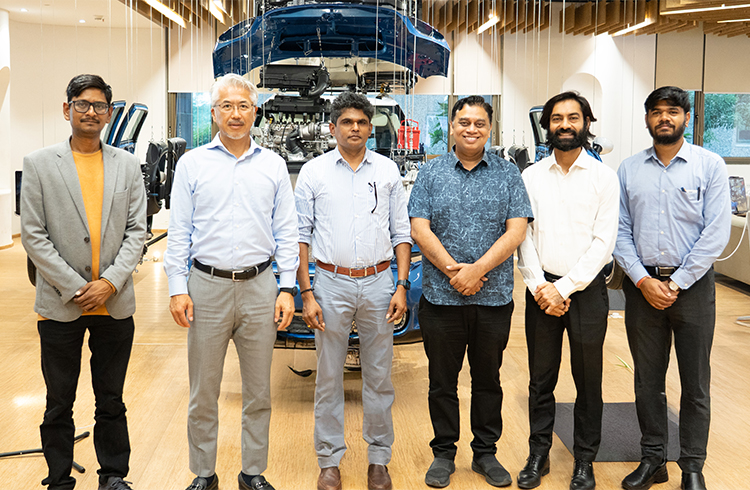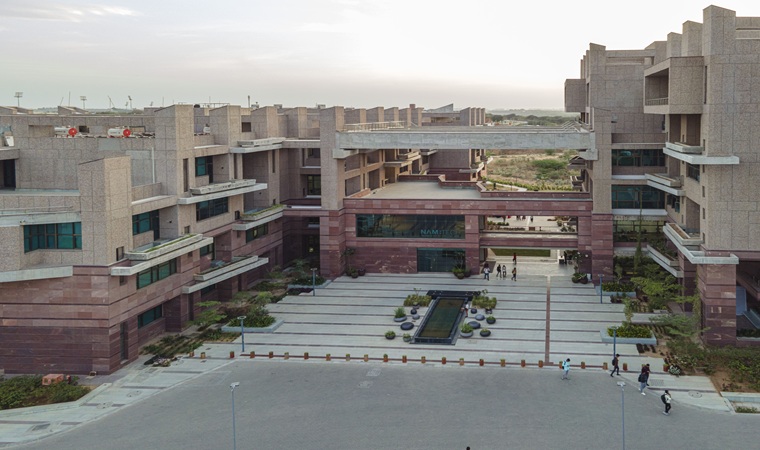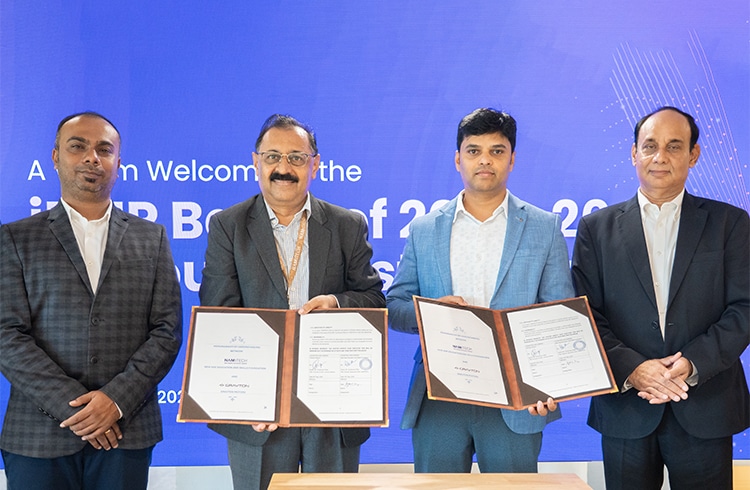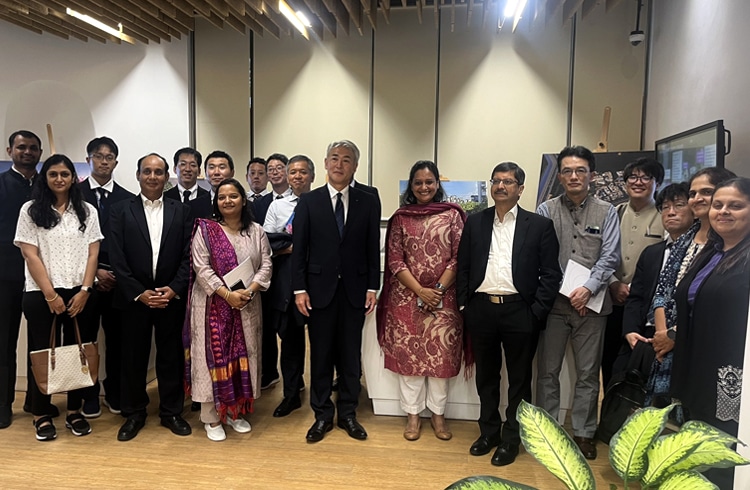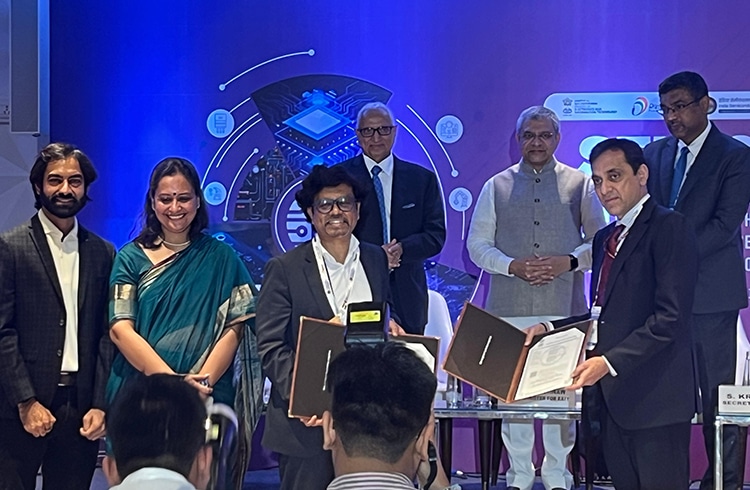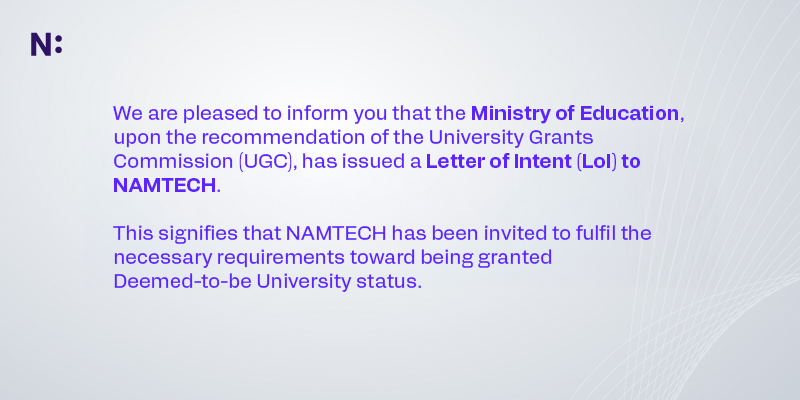There’s something fascinating about walking through a modern manufacturing facility these days. The sophistication hits you immediately – robots working in perfect harmony with human operators, digital displays showing real-time production data, and AI systems quietly optimizing everything from inventory to energy consumption. The sheer pace of technological advancement in manufacturing has been remarkable over the past decade.
This rapid evolution has created entirely new professional requirements that the industry never had before. Plant managers across the country consistently mention the same challenge: finding professionals who can seamlessly integrate traditional engineering fundamentals with cutting-edge Industry 4.0 technologies. One automotive executive recently observed, “We need engineers who understand both the theoretical foundations and can immediately apply them in highly automated environments. It’s a very specific skill set.”
The challenge becomes particularly relevant when considering India’s ambitious manufacturing goals. Make in India, Viksit Bharat 2047, the push to become a global manufacturing hub – all of these initiatives require professionals who can navigate an increasingly complex technological landscape. The demand for specialized manufacturing expertise has grown exponentially as industries embrace automation, IoT, and smart manufacturing principles.
This is where institutions like NAMTECH are addressing a very specific market need. Their approach centers on industry co-ownership, where companies actively collaborate in designing and delivering specialized programs that address current technological requirements. Rather than working in isolation, academic and industry experts work together to create targeted learning experiences.
Take their iPMP in Smart Manufacturing program as an example. Students work directly with advanced robotics labs that mirror current industrial settings. The School of Robotics, developed through direct industry partnerships, ensures students graduate with hands-on experience using the latest technologies. It’s specialized education designed for the modern manufacturing environment.
What’s particularly effective about NAMTECH’s approach is how they’ve integrated multiple learning methodologies specifically for manufacturing education. The flipped classroom model creates interactive problem-solving environments focused on real manufacturing challenges. Their micro-factories provide authentic production experience, complete with actual industrial timelines and quality requirements. Capstone projects tackle current industry problems in collaboration with manufacturing partners.
The partnerships demonstrate the collaborative nature of this educational model. Working relationships with institutions like TUM Asia and IIT Madras bring global manufacturing expertise to Indian professionals. Industry partnerships with companies like ABB, Siemens, and Schneider Electric ensure programs stay aligned with current technological developments, creating a dynamic learning environment that evolves with industry needs.
Perhaps most significantly, there’s this focus on developing what they call a “maker mindset.” Students are encouraged to innovate, experiment, and create solutions for real manufacturing challenges. This approach produces professionals who actively contribute to technological advancement in manufacturing environments.
The timing addresses a critical market need. As India positions itself as a manufacturing powerhouse, there’s growing demand for professionals who specialize in advanced manufacturing technologies. Institutions like NAMTECH serve as valuable additions to India’s educational ecosystem, providing specialized training that complements existing engineering education and addresses specific industry requirements.
The manufacturing sector’s technological evolution shows no signs of slowing down. Having educational institutions that can adapt quickly to these changes and provide specialized training for emerging technologies has become essential for maintaining India’s competitive edge in global manufacturing markets.

12 August, 2025
